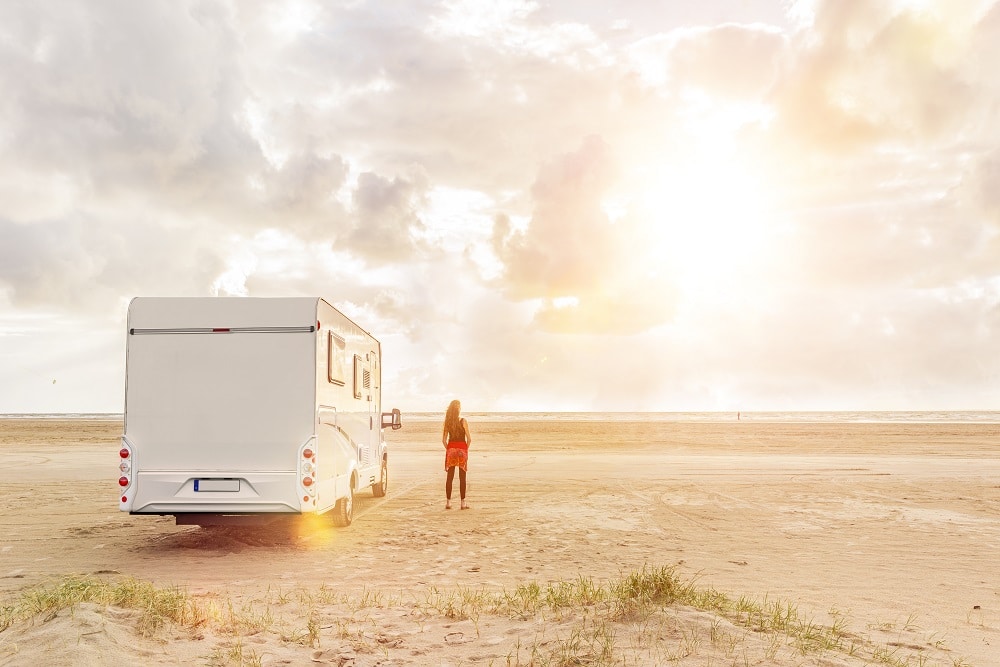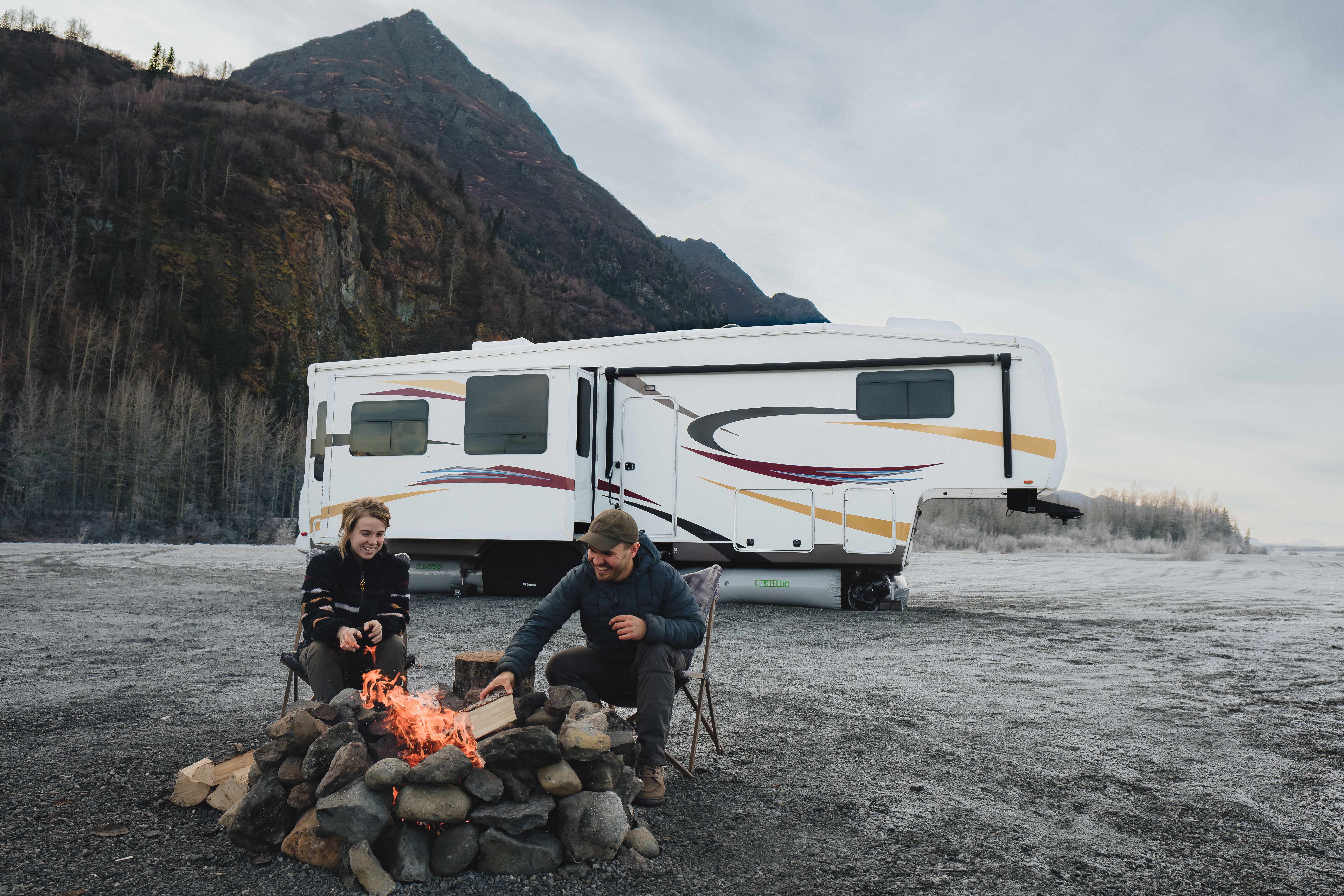When Full-Time RVers Travel RV-Free
If you are either a tent camper or a seasonal RV camper, what are your thoughts about living full-time in a motorhome or trailer? The idea of full-time RVing can seem overwhelming. There are a lot of things to think about. For example, what do you do with your RV when you want to travel without it?
As strange as it sounds, plenty of full-time RVers take the opportunity to travel RV-free. Why? Sometimes it is a matter of necessity. For example, there might be a family emergency that requires getting home quickly. A full-timer may not have enough time to drive. Leaving the RV and flying home is the only option.
Regardless of the reasons full-timers might want to travel RV-free, there are some things they have to think about; things that never cross the minds of stick-and-brick homeowners. Here are just a few of them:
1. RV Storage
The first thing that comes to mind when a full-timer needs to travel RV-free is finding a temporary home for the rig. One option is to leave it parked at the home of a family member or friend. However, that is not necessarily an easy thing to do given the code restrictions many towns and cities have in place.
Another option is to take the unit to an RV storage center. A full-timer will look for a long-term storage place, generally one that has covered storage for fifth wheels, travel trailers, etc.
Yet another option is to park the RV in a commercial campground and simply pay nightly or weekly fees. If full-timers are already at a campground when they make the decision to travel, this could be the easiest and best option of all. Just lock the door and go.
2. Closing Up the RV
Full-timers do not have to do much with their RVs if their temporary travel is to be short-lived. An RV owner could go away for a week or so without having to worry about things. But any longer than that requires closing up a motorhome or trailer as though it were being put into long-term storage.
Any storage in an exterior or unheated storage facility has to be considered along with seasonal temperatures. We recommend deploying RV skirting year-round, just in case (See also: ‘RV Skirting in Summer: Does it Help Keep My Camper Cool?’). You never know when temperatures are going to get cold enough to put plumbing at risk. In light of that, AirSkirts are your best bet for an effective but easy-to-use skirting solution.
3. Luggage Solutions
Believe it or not, luggage is something full-timers tend to not think of unless they have occasion to travel RV-free multiple times per year. The thing about luggage is that it takes up space. To a full-time RVer, space is at a premium. Is it worth carrying luggage that you might use very rarely? Perhaps not. But then what happens when you actually do have to travel without your RV?
Collapsible, soft sided luggage is one way around the space problem. Bags that can be collapsed and folded into very small packages easily fit in drawers and cupboards. On the other hand, a hard-shell suitcase is what it is. It represents taking up unnecessary storage space.
Of course, there are other considerations this post has not dealt with. Needless to say, traveling RV-free is a bit different when you are an RV full-timer. But it can be done. In fact, full timers do it all the time. Despite being able to take their homes wherever they choose to go, there are times when traveling with a motorhome or travel trailer just isn’t appropriate.






Leave A Comment